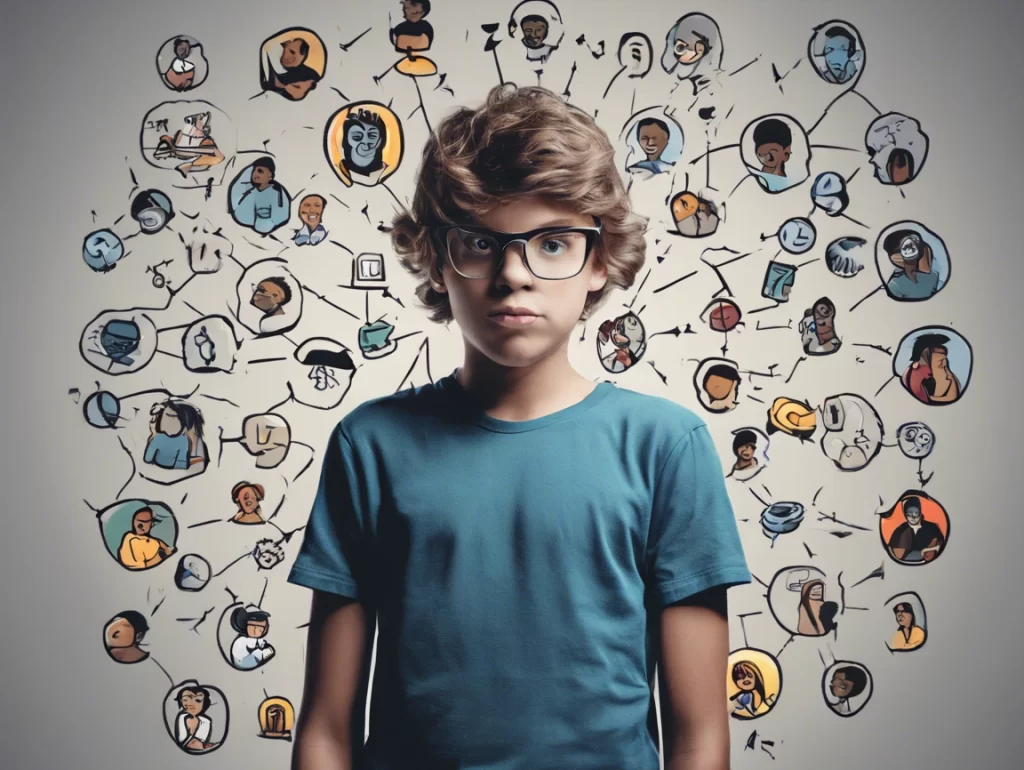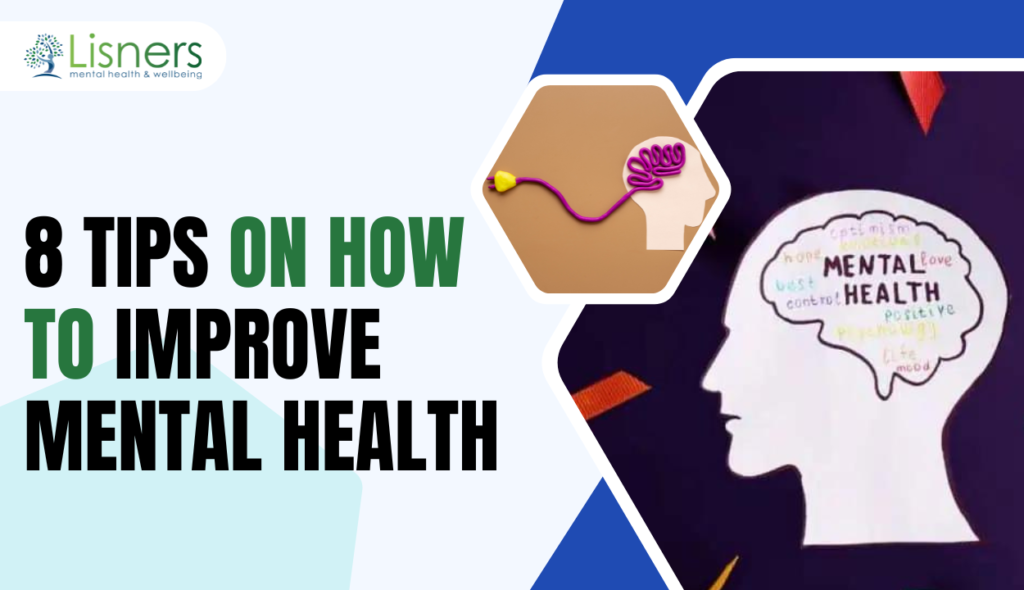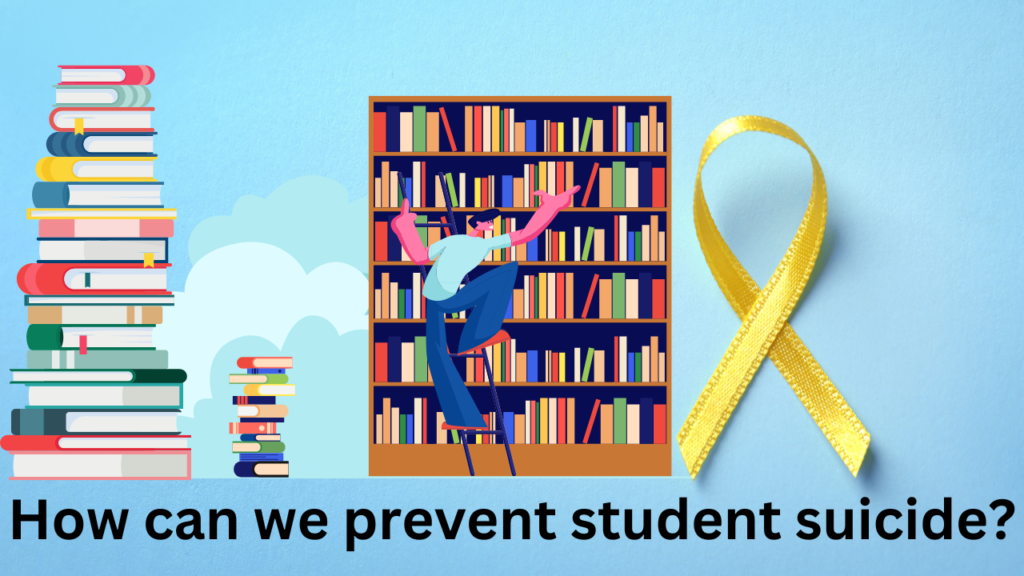Bipolar Disorder is a mental disorder that causes a person to experience mood swings from highs to lows. These mood swings are known as “manic episodes” and “depressive episodes.” Though the health of the brain is often affected, there are many treatment options available for those living with Bipolar Disorder. Hopefully, by the end of this article, you will have a better understanding of bipolar disorder and be able to support yourself or your loved one during their struggles.
What Is Bipolar Disorder?
Bipolar disorder is a mental health condition that causes extreme swings in mood, energy, and behaviour. It’s classified as a type of major depressive disorder, which is one of the most common psychiatric disorders. Symptoms typically start during adolescence or early adulthood and can persist for many years. As per the source, 46 million people suffer from Bipolar Disorder globally.
In India, Bipolar disorder is a serious condition that affects about 1 in every 5 people(Source).The good news is that treatments are easily available that can help manage symptoms and promote recovery.
There’s no one right way to deal with bipolar disorder. However, treating the condition early can help prevent worsening and lead to a better overall quality of life. If you think you may have bipolar disorder, talk to your doctor. They can help you determine if you have the condition and provide treatment recommendations.
Types of Bipolar Disorder and How They Affect You
There are two main types of bipolar disorder: mania and depression. Mania is a high-energy, euphoric state that can last for days or weeks. Depression is a low-energy, moody state that can last for days or weeks.
Manic episodes can be very exciting and make you feel like the best version of yourself. However, during manic episodes, you may also have: increased energy, poor judgment, reckless behavior, and difficulty sleeping. You may also have a “high” sex drive and be more talkative than usual.
Depression usually occurs in people who have had at least one manic episode. During depressed episodes, you may have: decreased energy, poor concentration, weight gain or loss, increased appetite or weight loss, problems with sleep, reduced sex drive, and feelings of hopelessness or worthlessness.
Coping Strategies to Deal with Bipolar Disorder
Every person experience ups and downs in their life, but for people with bipolar disorder, these shifts in emotion can be extraordinarily intense and rapid. A person with bipolar disorder may experience episodes of intense happiness, racing thoughts, overwhelming energy, or deep sadness in a matter of minutes. These shifts can be so disruptive to daily life that people with bipolar disorder often find it difficult to function.
Fortunately, there are several strategies that can help people cope with bipolar disorder. One important step is learning as much as possible about the disorder. This includes understanding the signs and symptoms of a bipolar episode, how to recognize when a person is struggling, and what to do if you feel like you are going into an episode.
Once you know what to look for, it is important to have a plan in place for when an episode occurs. This includes setting limits on how much stress the person can endure, seeking out support from family and friends, and getting regular check-ups. It is also important to maintain a healthy lifestyle both during episodes and beyond them by eating well, exercising regularly, and avoiding stress-causing activities.
Above all else, remember that you are not alone with this disease. There are others fighting the same battle. Many a times peer support works wonder in dealing with bipolar disorder. You can consider visiting Bipolar India (probably India’s first online community set up by a person living with Bipolar Disorder for the BAPD and Depression community)
Coping Techniques
If you or someone you know is struggling with bipolar disorder, there are a few things you can do to help.
-Talk to someone about what’s going on: Talking to a trusted friend or family member can help relieve some of the stress and tension that often accompanies bipolar disorder. Sharing your feelings and experiences will help them understand what you’re going through and help them provide support.
-Exercise regularly: Exercise has many benefits, including reducing anxiety and depression. A 2006 study published in “Archives of General Psychiatry” found that people who exercised regularly had a 50 percent lower risk of developing major depressive disorder than those who did not exercise. So if exercise isn’t your thing, try working out at least five times a week for 30 minutes total. -Find an outlet for your emotions: If talking doesn’t work, sometimes it helps to get things off your chest in another way. Writing or painting can be therapeutic; just be sure to vent without criticizing yourself. Taking classes in expressive arts may also provide relief.
How to deal with other people’s reactions to your Bipolar Disorder Issues
If you are experiencing symptoms related to bipolar disorder, it’s important to be aware of the way how people around you may react. Read more about mental health awareness here. Usually, people suffering from bipolar disorder find it difficult to manage social interactions. Here are some tips for managing interactions with others:
1. Let them know what’s going on as soon as possible. If you’ve been diagnosed with bipolar disorder, let your friends, family, or work colleagues know right away. It can be difficult to manage your mood swings and keep everything confidential at the same time, but telling someone as soon as possible will make things a lot easier.
2. Don’t be surprised if they don’t understand or react positively. It can be difficult for people to accept that someone they know is struggling with a mental health problem, especially if the problem isn’t visible to them. But remember that not everyone is familiar with bipolar disorder or understands how to deal with it. Give them time to adjust and be supportive instead of judgemental.
3. Allow yourself some time alone. If you’re feeling overwhelmed by all the attention and support, you’re getting, take some time for yourself. Whether that means retreating to your room or taking a walk in a park with yourself.
Conclusion
If you are reading this, it’s likely because you or someone you know is struggling with bipolar disorder. In this article, we have tried to explain the types, symptoms and coping techniques related to bipolar disorder. The most important amongst all is to seek help from family, friends and peers. If you don’t find the suitable support system, keep searching until you find one. You can also reach out to us at he**@li*****.com and we will be happy to help.
Lets fight this silent epidemic, together!
(The Author is founder & CEO at Lisners, a tech led mental health android application catering to mental health crisis in India)







